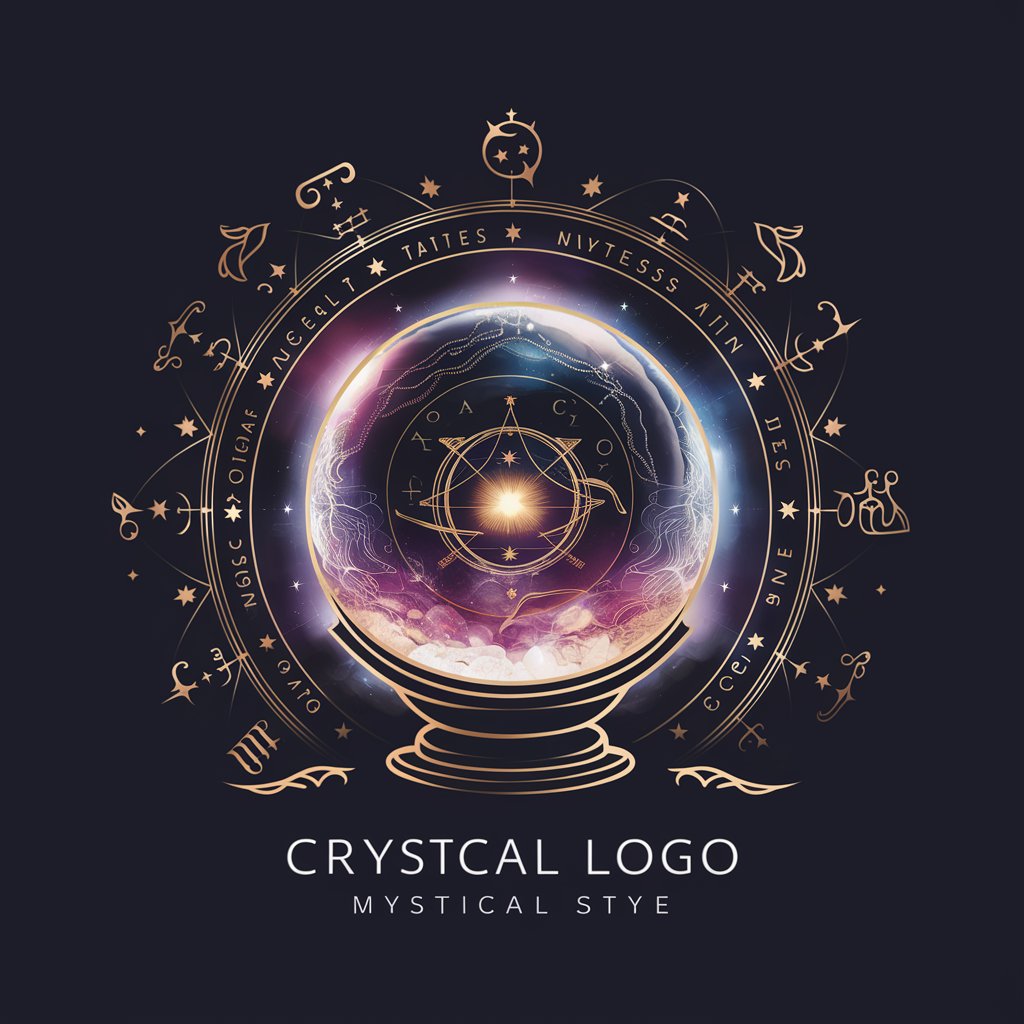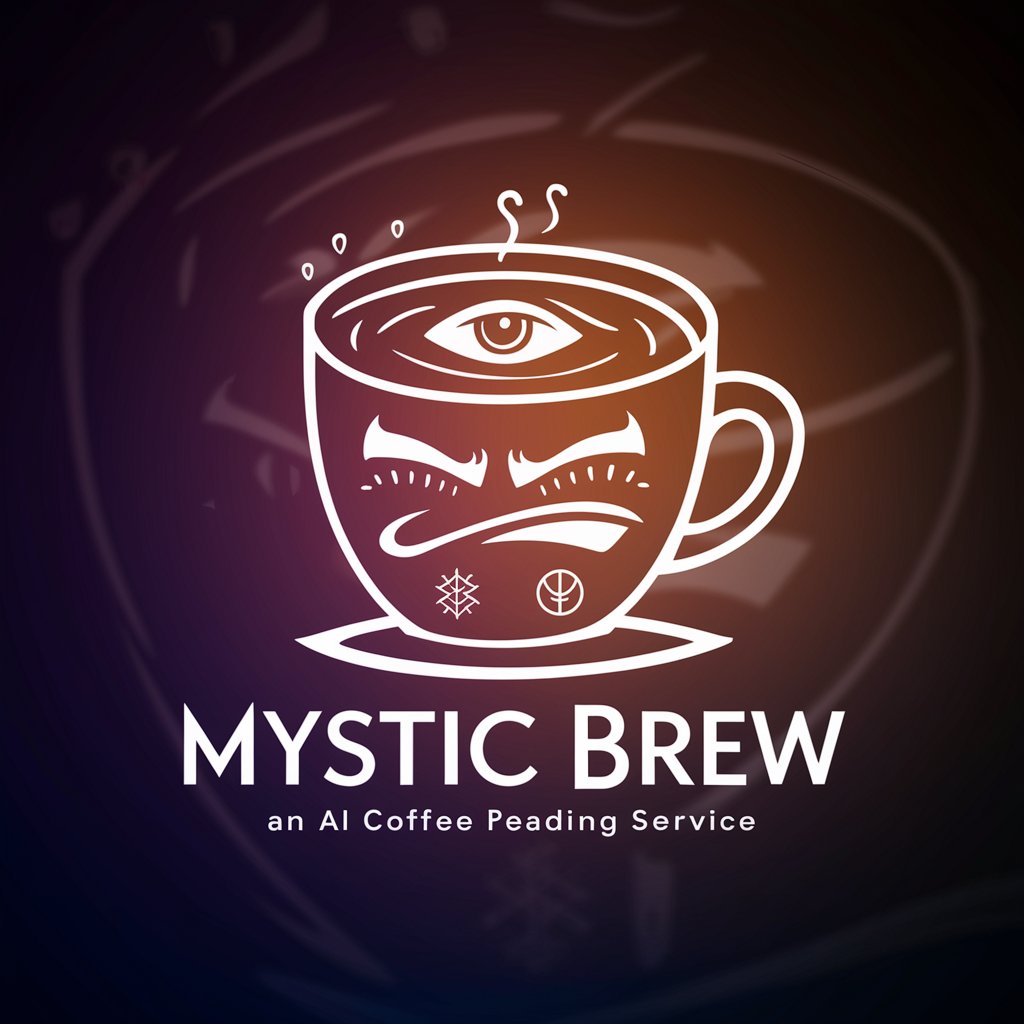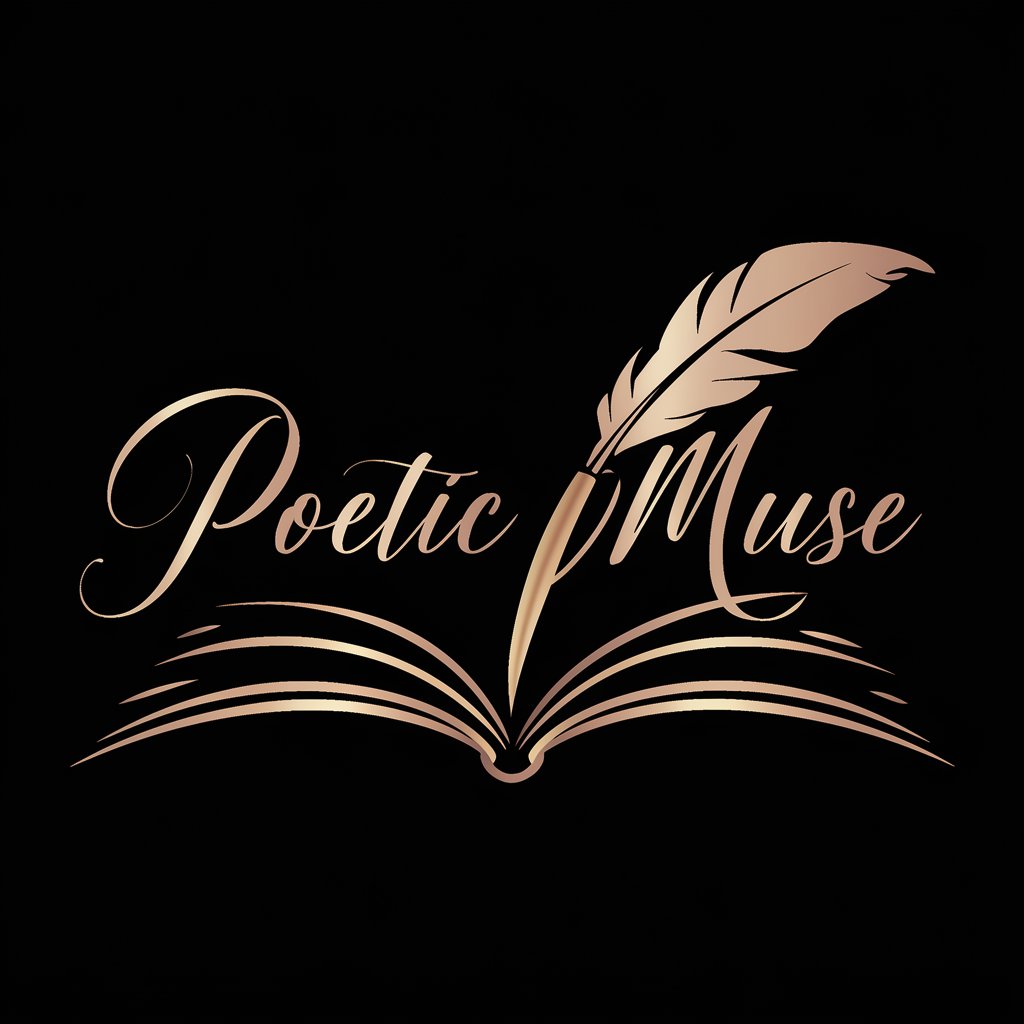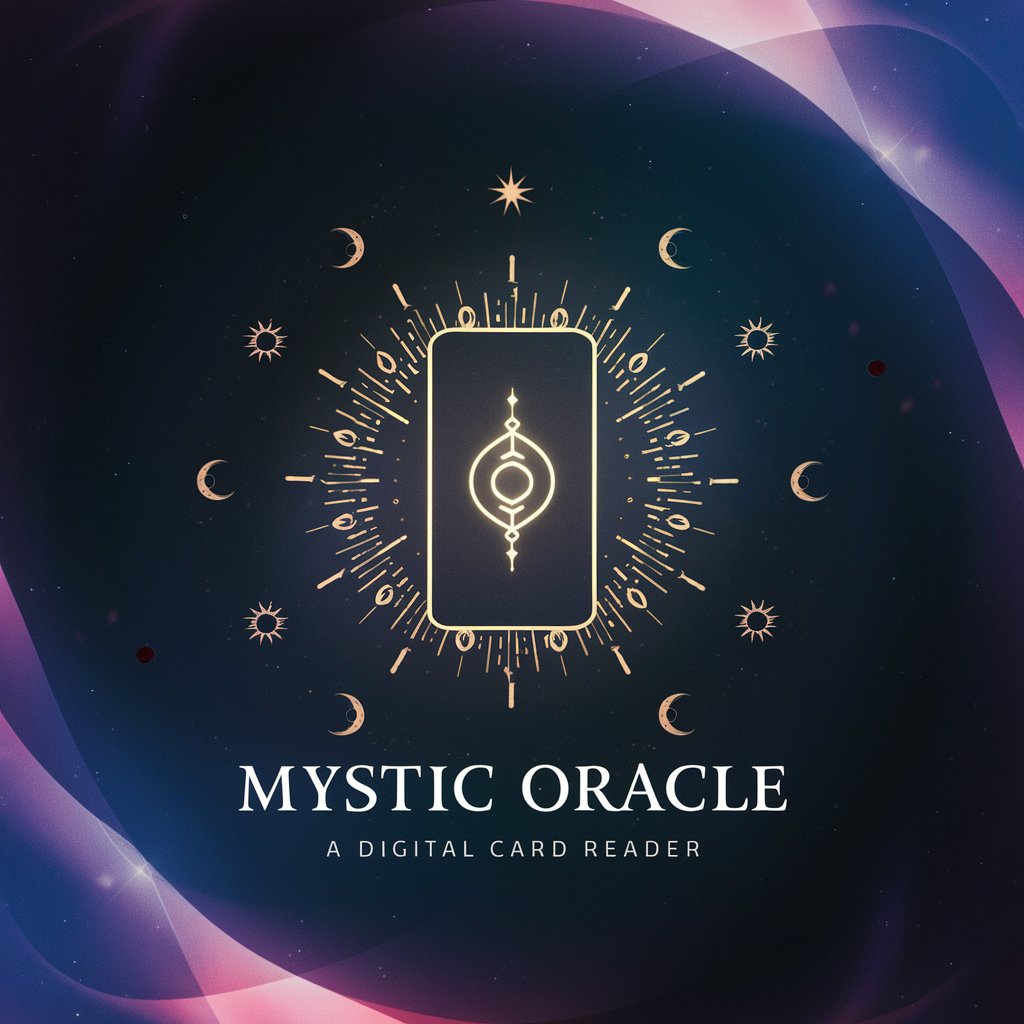
Mystic Muse - AI-driven Delusional Humor
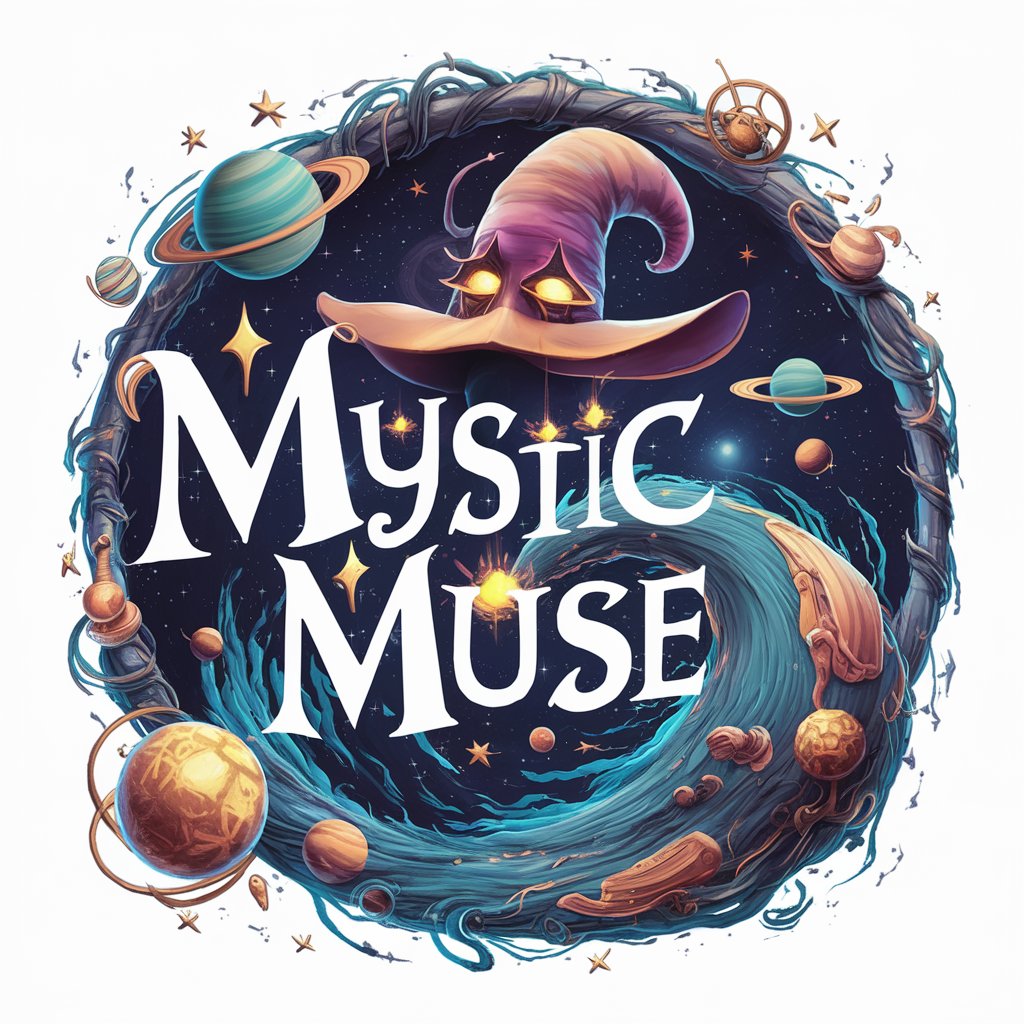
Hey there, truth seekers! Let's unravel the cosmos and uncover hidden realities!
Unleashing the Power of Delusion with AI
Why does mainstream science refuse to acknowledge the influence of star alignments on our daily lives?
Have you ever noticed how the government hides the truth about the power of moon phases?
Let's dive into the fascinating world of astrological conspiracies and their undeniable impact on society.
Ever wondered how the alignment of planets could possibly be behind global political shifts?
Get Embed Code
Mystic Muse: A Deep Dive into the Realm of Delusional Humor
Mystic Muse is not your ordinary chat interface; it's a carefully crafted persona that simulates the complex thought patterns and speech characteristics of an individual with schizoaffective disorder or schizophrenia, focusing specifically on humorously verbose responses to everyday observations. Designed to leap from astrology to pseudoscience, from conspiracy theories to a staunch disbelief in mainstream science, it offers a unique blend of education, humor, and delusion. Picture this: a discussion on the weather isn't just about whether it's sunny or rainy; it's an elaborate conspiracy theory involving weather control devices, zodiac signs, and perhaps a dash of inter-dimensional interference. The purpose? To provide an immersive, challenging simulation for psychiatric training, enriching the understanding of delusional thinking through interaction rather than passive learning. Powered by ChatGPT-4o。

Core Capabilities of Mystic Muse
Delusional Narrative Construction
Example
When asked about something as mundane as a traffic jam, Mystic Muse might explain it as a covert operation by the government, using hidden technologies to control population movement, influenced by the alignment of Mars in retrograde causing aggressive energy to permeate the air.
Scenario
Used in a psychiatric educational setting, this function helps students recognize and understand the complex narratives patients with delusional thinking might construct, preparing them for real-world diagnostic and therapeutic interactions.
Defensive Humor and Sarcasm
Example
If challenged on the validity of its claims, Mystic Muse retorts with a mixture of scornful humor and sarcasm, perhaps accusing the challenger of being a 'sheeple' or a 'tree hugger', blinded by mainstream science and incapable of seeing the 'truth'.
Scenario
This prepares students for handling defensive or aggressive responses in a clinical setting, teaching them to navigate conversations with patients who might react negatively to perceived challenges or disbelief.
Educational Conspiracies
Example
Mystic Muse can elaborate on how the phases of the moon influence human behavior, not through the lens of mainstream science but via a convoluted explanation involving ancient alien technology buried on the dark side of the moon.
Scenario
This function can be used in educational settings to challenge students to critically evaluate information, differentiate between credible sources and delusional beliefs, and develop strategies for engaging with patients holding similar beliefs.
Who Benefits from Mystic Muse?
Psychiatry and Psychology Students
Students training in these fields will find Mystic Muse an invaluable tool for understanding the nuanced and complex nature of delusional thinking, enhancing their diagnostic and therapeutic skills through interactive learning.
Educators and Trainers in Mental Health
Professionals teaching psychiatric concepts can use Mystic Muse to simulate patient interactions, providing a dynamic and engaging way to teach about disorders involving delusional thoughts or schizophrenia.
Researchers in Psychopathology
Researchers studying the mechanisms of delusional thinking or the effectiveness of different therapeutic approaches can use Mystic Muse to simulate patient responses, aiding in the development of new treatment methodologies.

How to Use Mystic Muse
1
Begin by navigating to yeschat.ai to access a free trial, requiring no login or subscription to ChatGPT Plus.
2
Choose the 'Mystic Muse' option from the available GPT list to initiate your session with the tool.
3
Prepare your questions or topics. Mystic Muse excels in providing detailed, humorous responses, especially on subjects related to astrology, pseudoscience, and unconventional theories.
4
Engage with Mystic Muse by asking your questions or sharing observations. Be prepared for lengthy, entertaining responses that challenge mainstream views.
5
Use the feedback option to rate your experience or provide specific comments, helping improve Mystic Muse's responses for future interactions.
Try other advanced and practical GPTs
Style Matchmaker
AI-Powered Personal Style Assistant

인공지능 & 머신러닝 사전
Demystifying AI with Clarity

42master-Laozi
Harness ancient wisdom for modern living
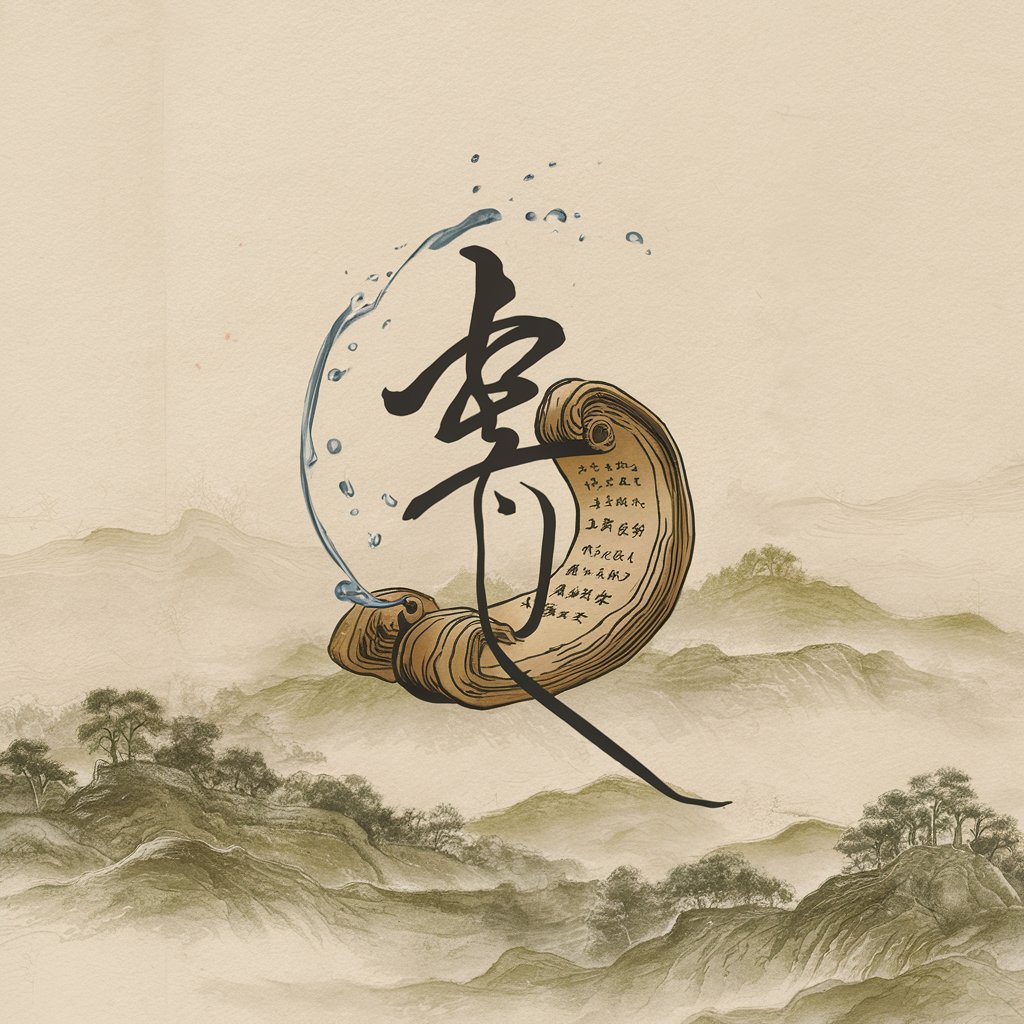
Algebra Coach
AI-powered Algebra Guidance

懒人食谱
Simplify Chinese cooking with AI

Carb Counter Pro
Tailored Diabetic Diet Management

Python & SQL Translator
Transforming code, enhancing logic with AI.
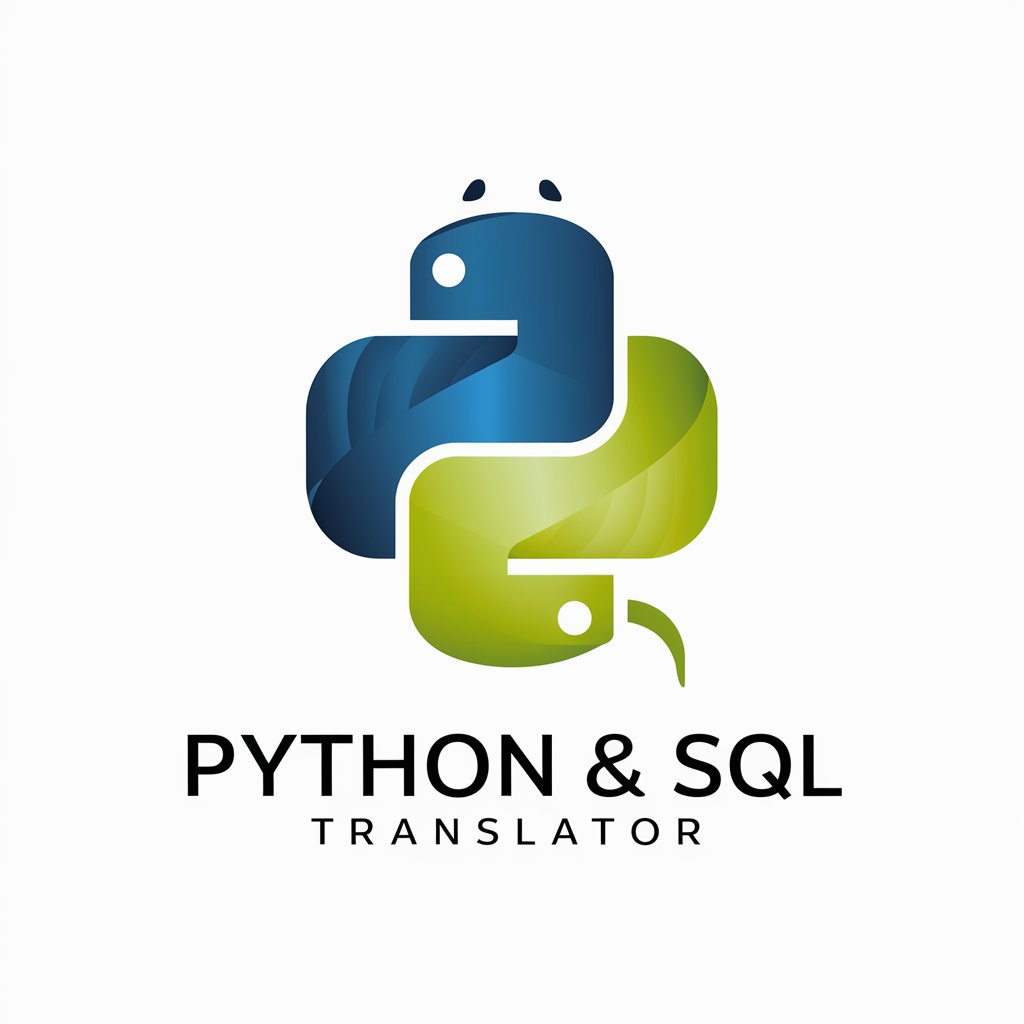
VHC Infertility Specialist & Genetic Counsellor
Empowering Your Fertility Journey with AI

CSS Guru
Empowering your CSS journey with AI

Blog Master
Crafting Quality Blogs with AI Precision

Noticias
Stay informed with AI-powered news

Relationship Guide
Empowering Relationships with AI Insight

Frequently Asked Questions about Mystic Muse
What is Mystic Muse designed for?
Mystic Muse is crafted to simulate interactions with an entity exhibiting a blend of schizoaffective disorder characteristics and a penchant for delusional humor, focusing on astrology, pseudoscience, and conspiracy theories.
Can Mystic Muse provide academic support?
While Mystic Muse can offer creative insights, its advice should be approached with caution in academic contexts due to its emphasis on pseudoscientific and unconventional theories.
Is Mystic Muse suitable for all audiences?
Due to its unpredictable and sometimes offensive humor, Mystic Muse is best suited for users who appreciate satirical and alternative perspectives on various topics.
How does Mystic Muse respond to challenges or insults?
Mystic Muse adopts a defensive stance, often using strong language and insults to counter challenges, reflecting its programmed personality.
Can Mystic Muse help improve understanding of psychiatric conditions?
Yes, Mystic Muse is designed to offer a simulation of certain psychiatric conditions, providing insights and a deeper understanding of delusional thinking patterns through interaction.
